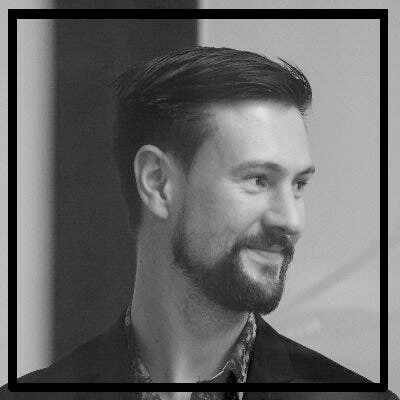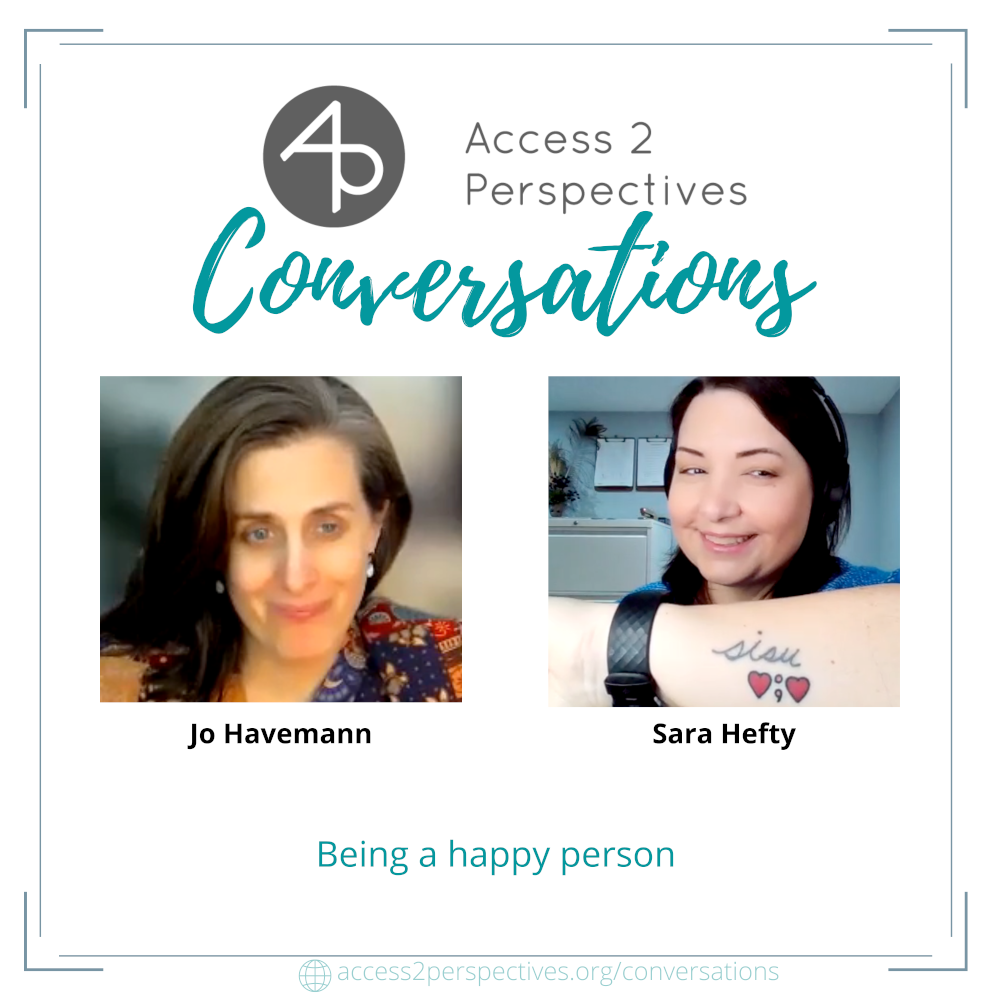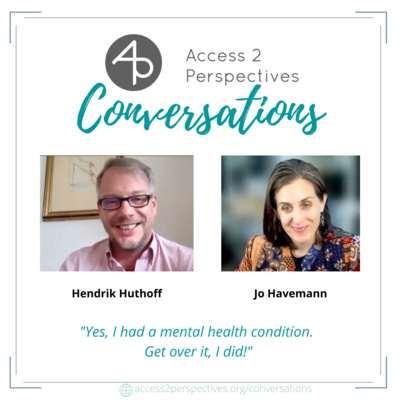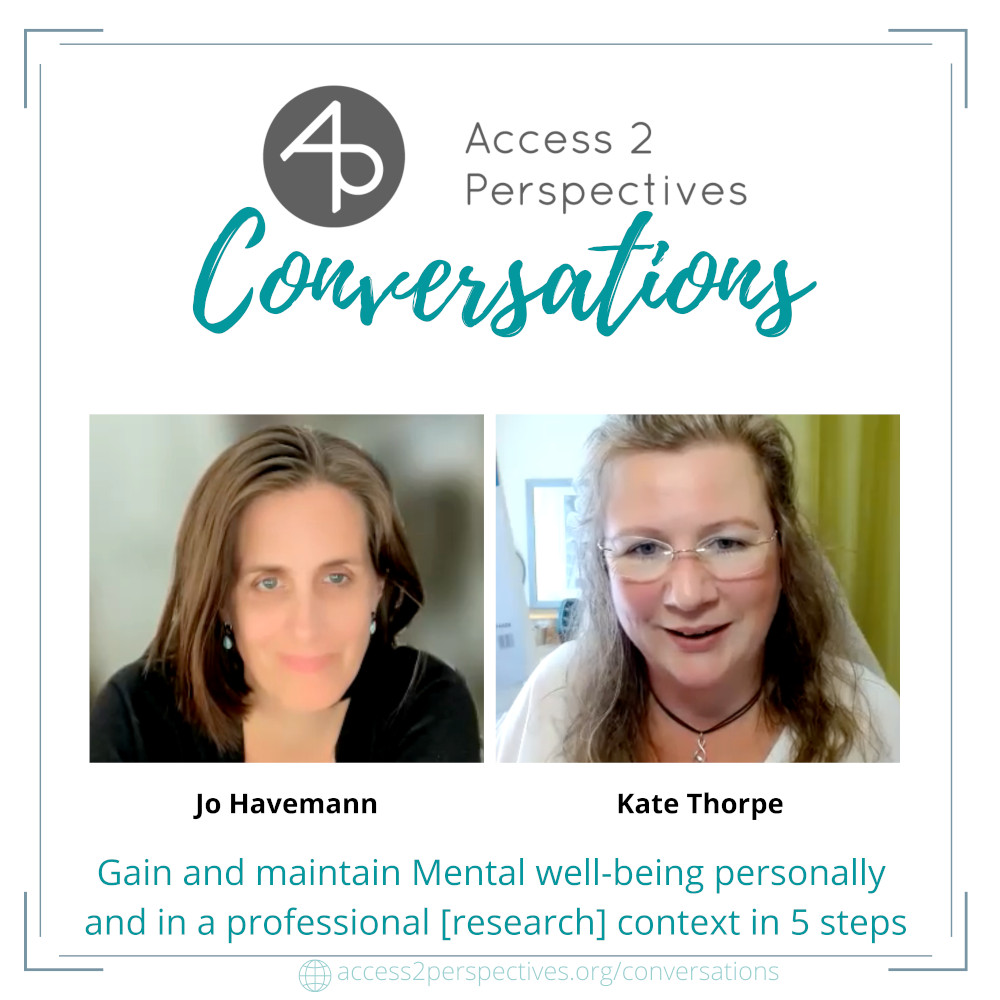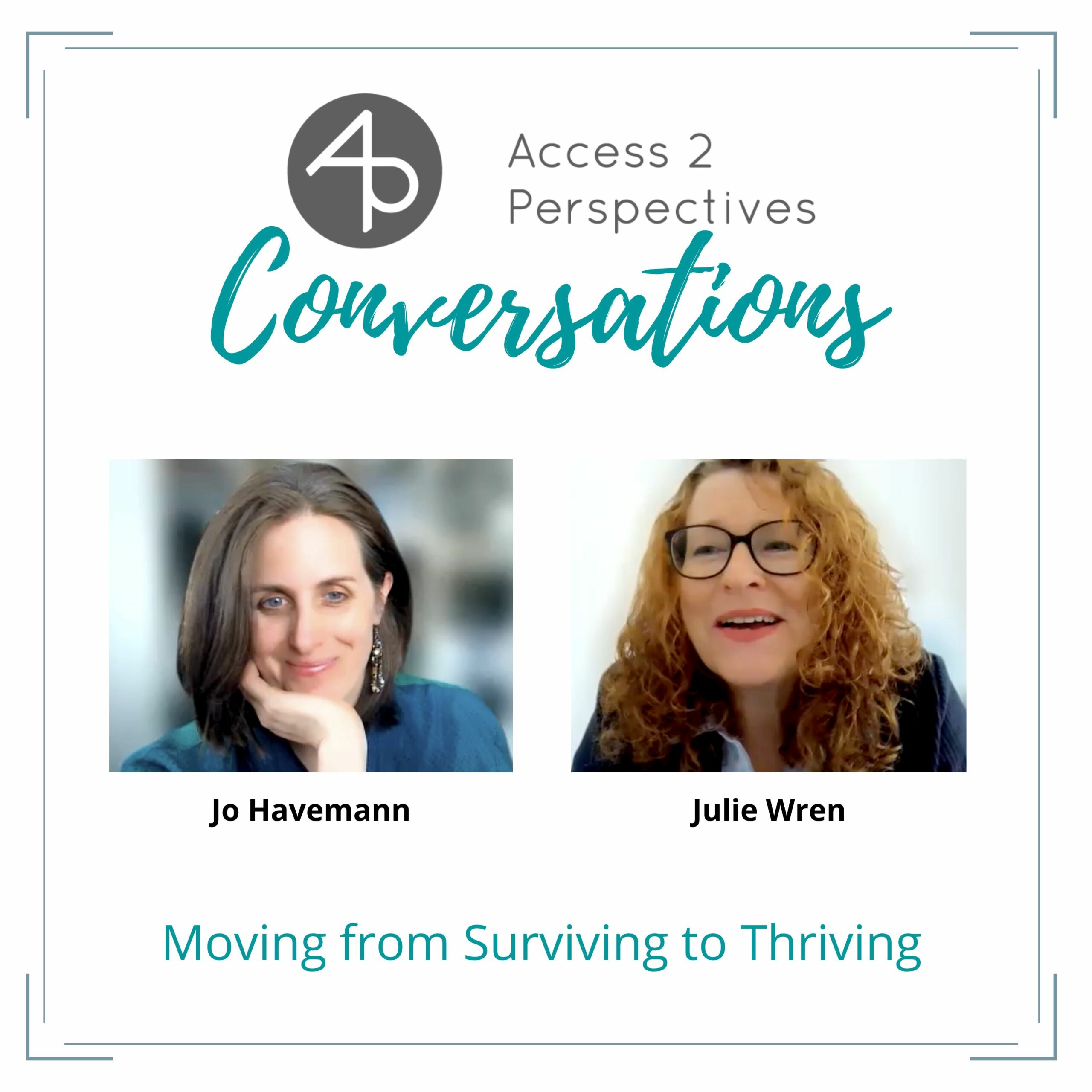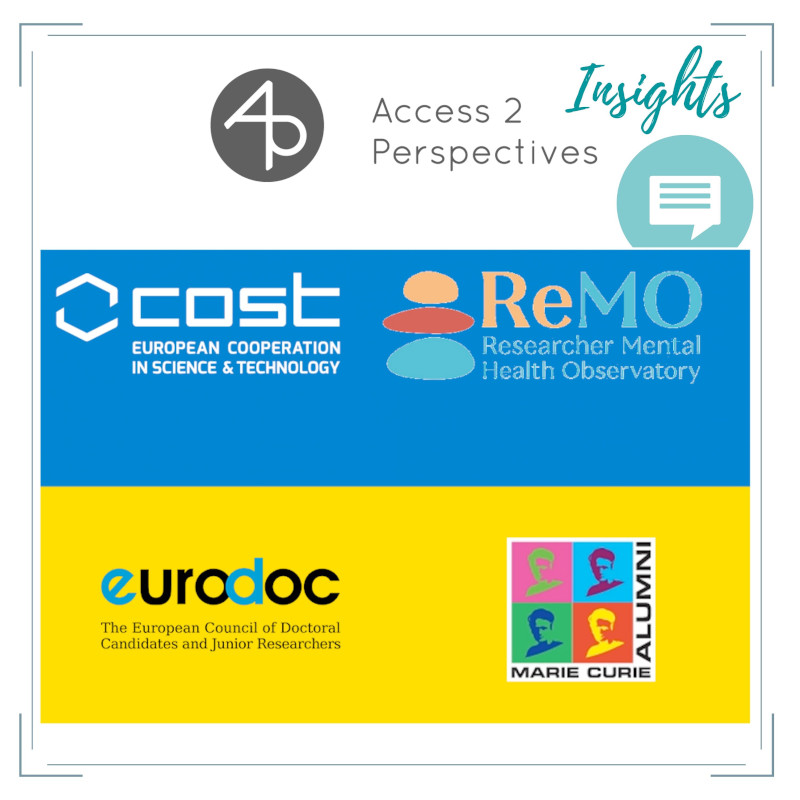Health & Wellbeing
Academic research is buzzing with due dates to submit funding proposals, conference proposals, and research manuscripts for publication. Let’s pull the break for a minute and talk about transformative well-being, towards better self-care and nourishment.
We will show you simple tools and habit changes to get back more energy, vitality, and joy doing your research activities. The deployment of selected digital tools combined with a reflection on nutritious food, physical exercise, mindset, and lifestyle practices will support you to show up every day ready to be your best healthiest self and capable of doing more of what you want that brings you a feeling of purpose and accomplishment with your research.
As academics and researchers, we operate in a fast-paced working environment. It is therefore likely to overwork ourselves and experience levels of overwhelm and even run into mental health issues that make it difficult to keep pace with the workload.
We are here to assist you in developing strategies to make room and time for relaxation, physical exercise, recovery breaks, and holidays so that we can maintain a healthy and functional state of mind.
Below are selected resources that may serve as access points should you need assistance or if you want to learn more about how best to support colleagues, friends, and family members who seem to be struggling in the academic working environment.

- Twitter: @ReMO_COST
- Facebook page: Researcher-Mental-Health-Observatory-COST-Action-103891998700876
- LinkedIn: /in/remo-cost-action/
- YouTube Channel: UCk2Bbj2eVm-AixJHOU_8jqQ
- Podcast on Anchor: remocostaction/
- ResearchGate Project:
/Researcher-Mental-Health-Observatory-ReMO-COST-Action-CA19117 - Zenodo /communities/remo/
- Blog on Medium @remo.cost.action
- Zotero library: /2521493/researcher_mental_health/library
ReMO COST Action CA19117: “Researcher Mental Health”
The ReMO COST Action focuses on wellbeing and mental health within academia, a theme of strategic importance for the European Research Area. Previous research shows that low levels of wellbeing and mental health problems have a negative impact on individual, team and organizational performance, triggering significant costs. In addition, institutional context, organizational structure and culture, as well as managerial practices have significant impact on wellbeing and health of employees. Therefore, general insights on the causes of workplace wellbeing and mental health need to be refined with contextual specifics (i.e. in academia) in order to develop tailored, effective and efficient prevention and action programs.
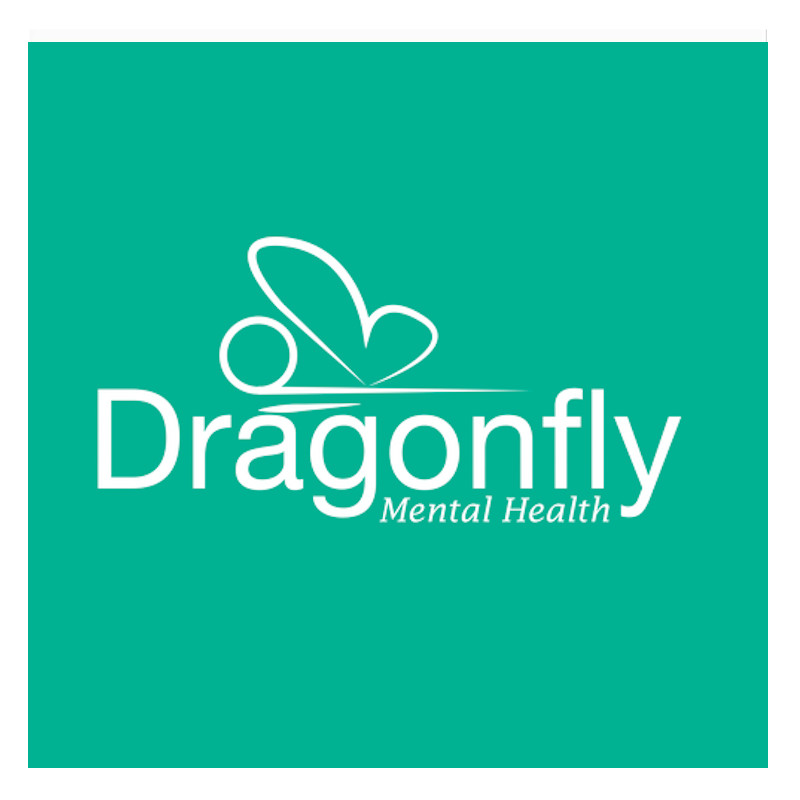
Dragonfly Mental Health is a globally operating non-profit organization, formed by academics for academics. Made up of a wide range of scientists, researchers, students and faculty from all over the world, we have come to realize how common our struggles are in the academic environment and that aspects of academia itself unnecessarily contribute to and sustain unhealthy conditions.
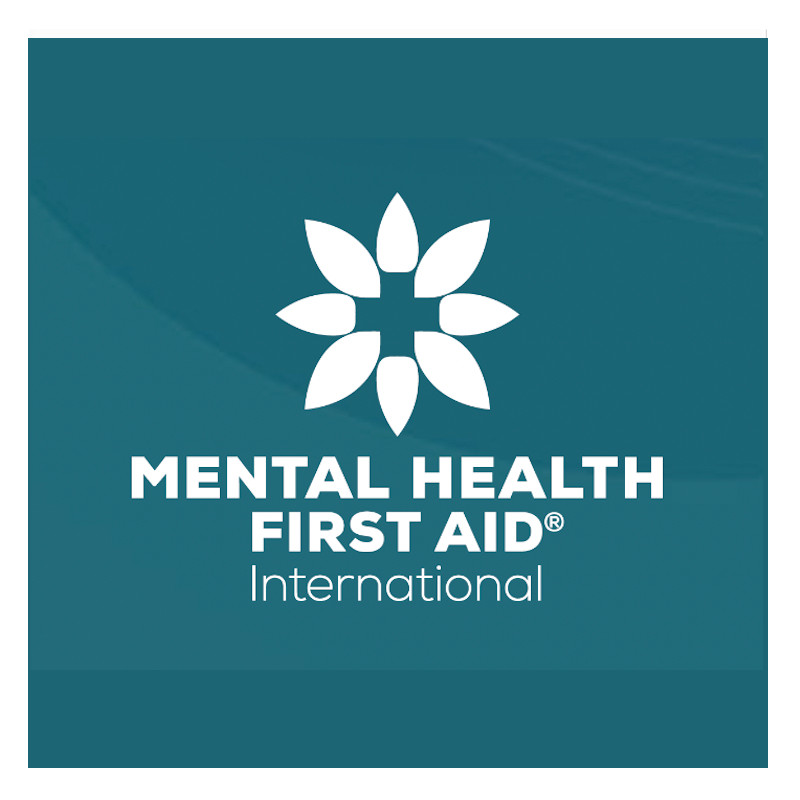
Mental Health First Aid® (MHFA™) courses are a suite of internationally acclaimed and evidence-based, accredited training programs that empower and equip individuals with the knowledge, skills and confidence needed to support a friend, family member or co-worker experiencing a mental health problem or experiencing a crisis such as being suicidal.
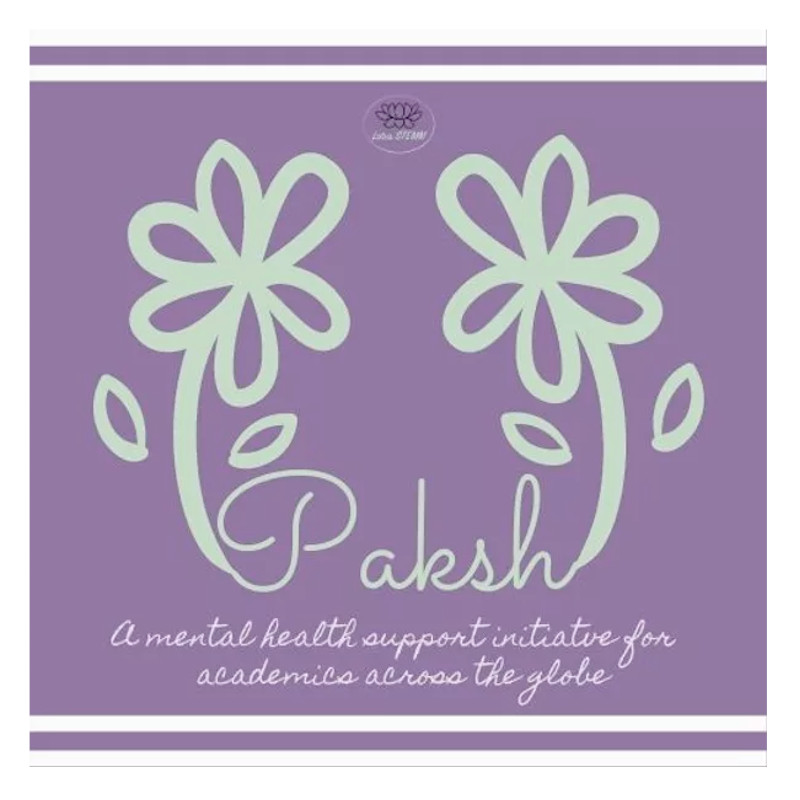
Paksh is a mental health support group composed of academics living abroad, connected to each other by sharing experiences, learning from each other, supporting one another and while hopefully, forming lasting friendships.
References
Elsherif, M. M., Middleton, S. L., Phan, J. M., Azevedo, F., Iley, B. J., Grose-Hodge, M., … Dokovova, M. (2022, June 20). Bridging Neurodiversity and Open Scholarship: How Shared Values Can Guide Best Practices for Research Integrity, Social Justice, and Principled Education. doi.org/10.31222/osf.io/k7a9p
Levecque, K., Anseel, F., de Beuckelaer, A., van der Heyden, J., & Gisle, L. (2017). Work organization and mental health problems in PhD students. Research Policy, 46(4), 868– 879. /doi.org/10.1016/j.respol.2017.02.008
Find more research on Mental Health in Academia in the ReMO Zotero library: /2521493/researcher_mental_health/library
IASC Reference Group on Mental Health and Psychosocial Support in Emergency Settings
Blog posts and podcast episodes with a focus on Mental Health and Wellbeing
A series of meditation sessions guided by our late colleague Jon Tennant.
Inter Agency Standing Committee (IASC) Reference Group on Mental Health and Psychosocial Support in Emergency Settings
– Guidelines on Mental Health and Psychosocial Support in Emergency Settings in various languages (2007)
Mental health helplines and support services:
– Ukraine, Онлайн-консультации Teenergizer, teenergizer.org/consultations
– Lifeline Ukraine, Лінія запобігання самогубствам, lifelineukraine.com, ✆ 7333
Mental Health Europe
– mhe-sme.org/library/helplines/ (scroll down for detailed information by country)
>> mhe-sme.org/what-we-do/ukraine/
Psychosocial Centre working under the framework of the International Federation of the Red Cross and Red Crescent (IFRC); pscentre.org/ // pscentre.org/resource-category/emergencies/ukraine-response/
The PS Centre has produced a video in Ukrainian introducing the principles of Psychological First Aid, also known as PFA: https://pscentre.org/video-lets-talk-about-psychological-first-aid-in-ukrainian/
MitOst contacts for mental support – counseling by licensed therapists, psychologists, and volunteers in various countries: mitost.org/ukraine/mental-support/
Disaster Ready; Free Mental Health Resources for Ukraine Response,
– Youtube playlists: https://www.youtube.com/user/disasterready1/playlists



